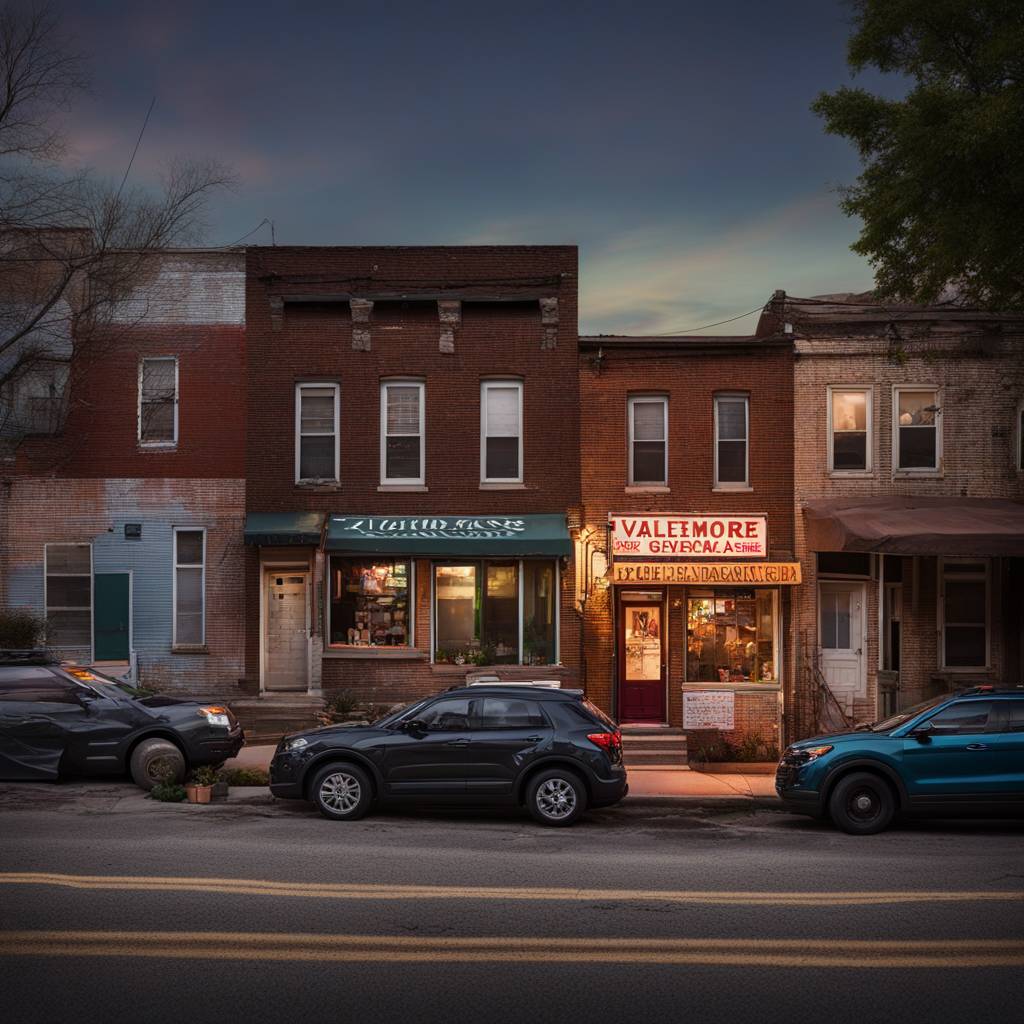A recent study led by Boston University School of Public Health (BUSPH) and the Alcohol Research Group of Emeryville, Calif., revealed that decreasing the hours during which alcohol may be sold can drastically reduce violent crime. This research, published in JAMA Internal Medicine on April 1, found that shortening overnight sales hours by seven hours at bars and taverns in a Baltimore, Md. neighborhood led to a 51 percent immediate decrease in homicides within the first month and a 40 percent annual reduction in homicides. The study highlights the potential for other cities to address excessive drinking and crime by implementing similar changes to alcohol sales policies.
Prior research has connected alcohol sales with increased neighborhood crime, but this study is the first to examine the impact of altering sales hours in a low-income area on crime rates. The researchers utilized publicly available data to analyze violent crime incidents within 800 feet of bars and taverns in a Baltimore neighborhood before and after legislation was passed to reduce hours of operation in September 2020. They found a significant drop in violent crime occurrences following the shortened hours, indicating the effectiveness of this policy in reducing crimes associated with alcohol use.
The Maryland Senate Bill 571 (SB571) reduced hours of alcohol sales from 20 hours per day to 13 hours per day, resulting in substantial savings for the City of Baltimore. The study estimated that the decrease in crime saved the city approximately $18.2 million annually. These findings underscore the potential benefits of implementing similar policies in other cities to combat excessive drinking, homicides, assaults, and other crimes. This strategy could be particularly valuable given the increase in alcohol consumption during the COVID-19 pandemic.
The study team’s analysis showed that the reduction in late-night hours of sale had a direct impact on crime rates in the surrounding area. The decline in violent crime, including homicides, robberies, aggravated assaults, and forcible rapes, was significant and indicates the potential for this policy to enhance public safety. The researchers also conducted sensitivity analyses to confirm the reduction in late-night crimes, dispelling concerns that crime might shift to earlier hours of the day or adjacent neighborhoods.
Moving forward, additional research is needed to test the effectiveness of this policy in other cities and over longer periods of time. The study suggests that changing the hours of alcohol sales is a relatively simple intervention with the potential to prevent and reduce crime. As such, this evaluation could serve as a model for cities seeking to enhance safety and support the health of their residents. The findings echo the World Health Organization’s recommendations for reducing alcohol-related harm, emphasizing the importance of population-based alcohol policies in violence prevention. Funding for the research was provided by various organizations, including BUSPH, the National Institute on Alcohol Abuse and Alcoholism, and the Centers for Disease Control and Prevention.













